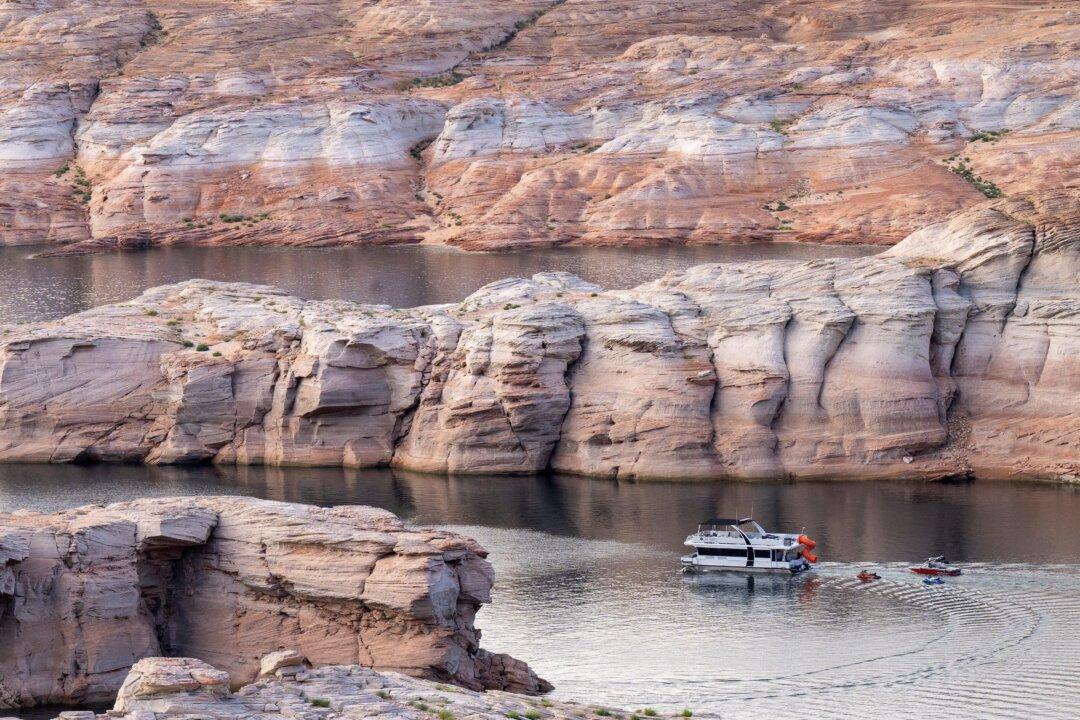The Supreme Court agreed Nov. 4 to hear a dispute about whether an Indian tribe has the right to draw water from the Colorado River.
The case pits the Navajo Nation, a large Indian reservation occupying territory in Arizona, New Mexico, and Utah, against the states of Arizona, Nevada, Colorado, the Metropolitan Water District of Southern California, and the U.S. Department of the Interior.





